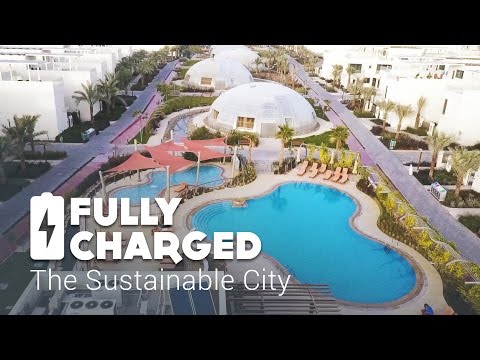In a world plagued by environmental challenges, the need for sustainable solutions has never been more pressing. With the health of our planet deteriorating at an alarming rate, it is crucial that we shift our focus to ensure a better future for generations to come. The time to act is now, and the responsibility lies heavily on our shoulders.
sustainability can be defined as meeting the needs of the present without compromising the ability of future generations to meet their own needs. It requires us to adopt practices that conserve resources, protect ecosystems, and minimize waste. While many claim to prioritize sustainability, a closer examination often reveals that it is merely superficial lip service. However, if we truly care about what really matters, we must embrace sustainable solutions wholeheartedly.
One area where sustainable solutions are desperately needed is in energy production. Our heavy reliance on fossil fuels has exacerbated climate change and led to widespread pollution. Moving towards renewable energy sources such as solar, wind, and geothermal power can significantly reduce carbon emissions while creating long-term benefits for future generations.
Adopting circular economy principles is another crucial step towards sustainability. Instead of employing a linear model where products are created, used briefly, and then discarded as waste, a circular economy aims to minimize resource consumption and maximize product longevity through recycling, reusing, and repurposing materials at every opportunity. This approach not only reduces environmental damage but also fosters economic growth by creating new jobs and industries.
Agriculture also plays a significant role in sustainability efforts. Traditional farming methods often rely on harmful pesticides and synthetic fertilizers that degrade soil quality and harm ecosystems. Transitioning towards regenerative agriculture practices like crop rotation, organic farming, and agroforestry can restore soil health, enhance biodiversity, and promote food security while reducing the need for chemical inputs.
Education is another key component when it comes to sustainable solutions for future generations. By integrating environmental awareness into academic curricula, we can equip students with the knowledge and skills needed to protect the planet. Encouraging critical thinking and fostering a sense of empathy for nature will pave the way for innovative strategies that prioritize sustainability.
However, sustainable solutions cannot be achieved through isolated efforts alone. Collaboration and partnerships among governments, businesses, communities, and individuals are essential for meaningful change. Governments should set ambitious targets and provide incentives for sustainable practices, while businesses must prioritize environmental stewardship over short-term profits. Individuals also have a role to play by making conscious choices in their daily lives, from reducing waste to supporting ethical and sustainable brands.
As we strive to create a more sustainable future, it is important not to lose sight of what really matters. It is not just about saving the planet for the sake of it; it is about securing a livable future for generations yet unborn. We must recognize that our actions today have far-reaching consequences that go beyond ourselves. It is our moral obligation to leave behind a world that future generations can thrive in—a world where clean air, access to clean water, and diverse ecosystems are not just luxuries but basic rights.
In conclusion, embracing sustainable solutions is not just an option; it is an imperative if we truly care about what really matters: the well-being of future generations. From transitioning to renewable energy sources to adopting circular economy principles in business operations and agriculture, there are numerous avenues through which we can make a difference. By prioritizing sustainability in our collective actions today, we can secure a better tomorrow for all.





